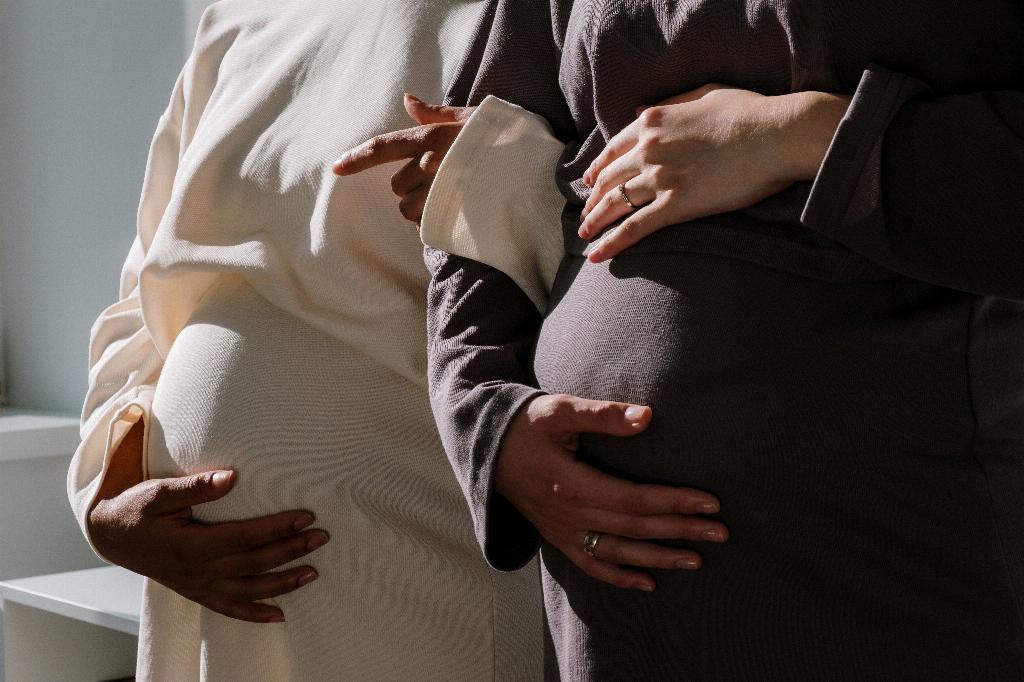It’s common for expecting mothers to eagerly anticipate the visible signs of pregnancy, such as the baby bump. However, every woman’s body is unique, and there are various reasons why some may not show a bump as prominently as others.
Normal Variations in Pregnancy
One factor to consider is the position of the baby and how it affects the way your bump appears. Women with a posterior placenta may have a more pronounced bump, while those with an anterior placenta may appear less prominent.
Body Shape and Size
Another consideration is your pre-pregnancy body shape and size. Women who are taller or have a longer torso may not show a bump as early or as prominently as shorter women due to differences in how the baby’s position is distributed.
Multiple Pregnancies
If you are pregnant with multiple babies, known as a multiples pregnancy, it’s common for the bump to show earlier and be more pronounced. However, even in single pregnancies, multiple factors can impact when and how your bump appears.
Timing of Pregnancy
The timing of when you first start showing can also vary. First-time mothers may take longer to show a noticeable bump compared to those who have already been pregnant before due to differences in abdominal muscle tone and skin elasticity.
Health and Nutrition
Factors such as overall health and nutrition can play a role in the development of your bump. Adequate weight gain, proper prenatal care, and a balanced diet can contribute to a healthy pregnancy and visible bump.
Discussing Concerns with Your Doctor
While there are many reasons why you may not have a visible bump, it’s essential to communicate any concerns with your healthcare provider. Your doctor can assess your individual situation and provide guidance based on your specific circumstances.
Monitoring Fetal Growth
Regular prenatal check-ups and ultrasound scans are crucial for monitoring the growth and development of your baby. Your healthcare provider can evaluate the baby’s progress and ensure that everything is progressing as it should, even if your bump is not as prominent.
Emotional Well-Being
It’s natural to feel anxious or worried if you are not showing a bump as expected. However, prioritizing your emotional well-being is just as important as physical health during pregnancy. Discussing your concerns with your doctor can help alleviate any stress or uncertainty.
Remembering Individual Differences
Every pregnancy is unique, and what matters most is the health and well-being of both you and your baby. Comparing your bump size to others or feeling pressured to look a certain way can add unnecessary stress. Focus on taking care of yourself and your growing baby.
Seeking Support and Information
If you find yourself constantly worrying about not having a bump or any other aspect of your pregnancy, consider seeking support from friends, family, or pregnancy support groups. It’s important to feel empowered and well-informed throughout your journey.
Trusting Your Instincts
If you have a gut feeling that something may be amiss, don’t hesitate to voice your concerns to your doctor. Trusting your instincts and advocating for your well-being is an integral part of navigating the ups and downs of pregnancy.
Conclusion
In conclusion, while not having a bump during pregnancy can raise questions and uncertainties, there are various factors at play that can influence its appearance. By staying in communication with your healthcare provider, prioritizing your health and well-being, and seeking emotional support when needed, you can navigate this journey with confidence and positivity.

